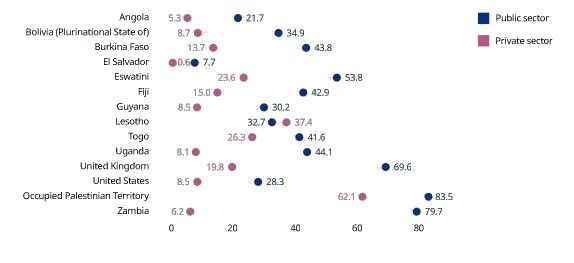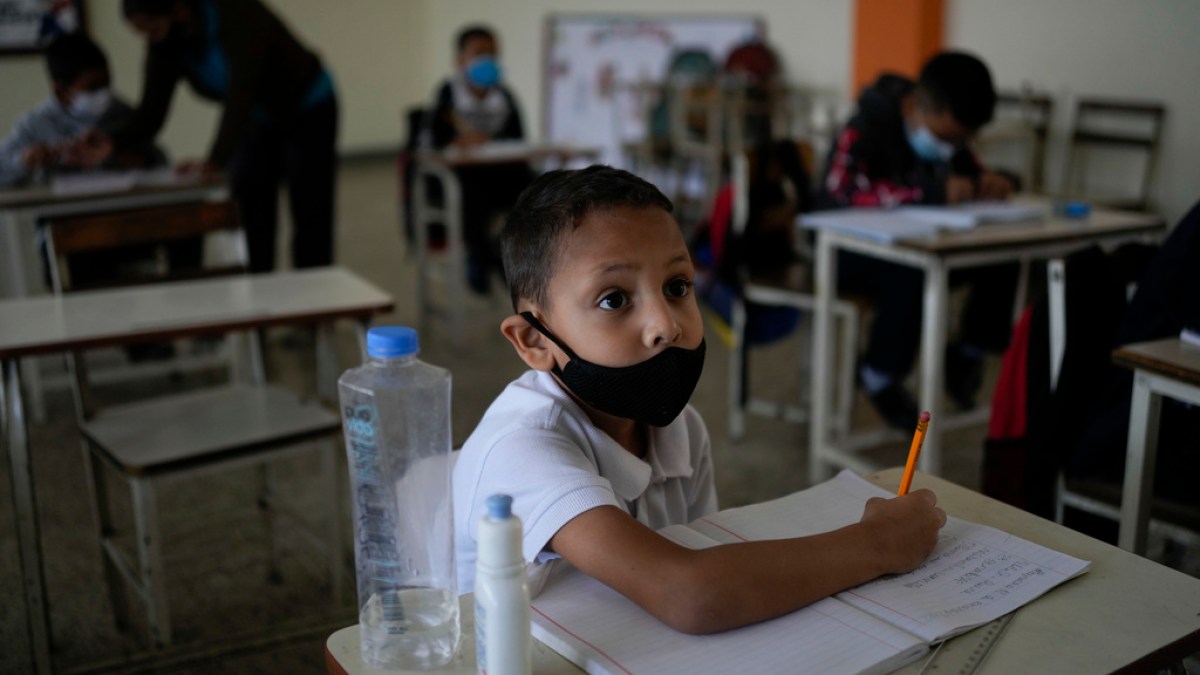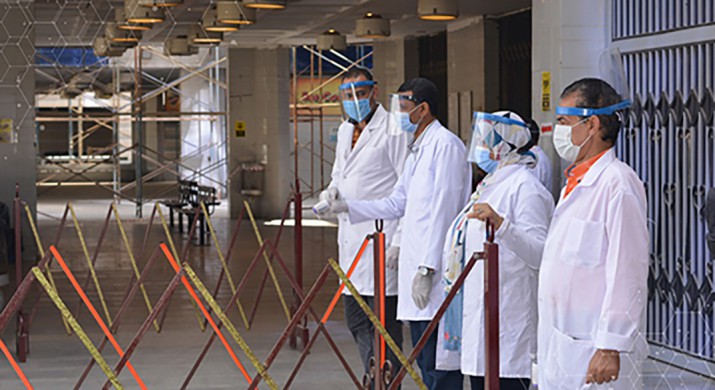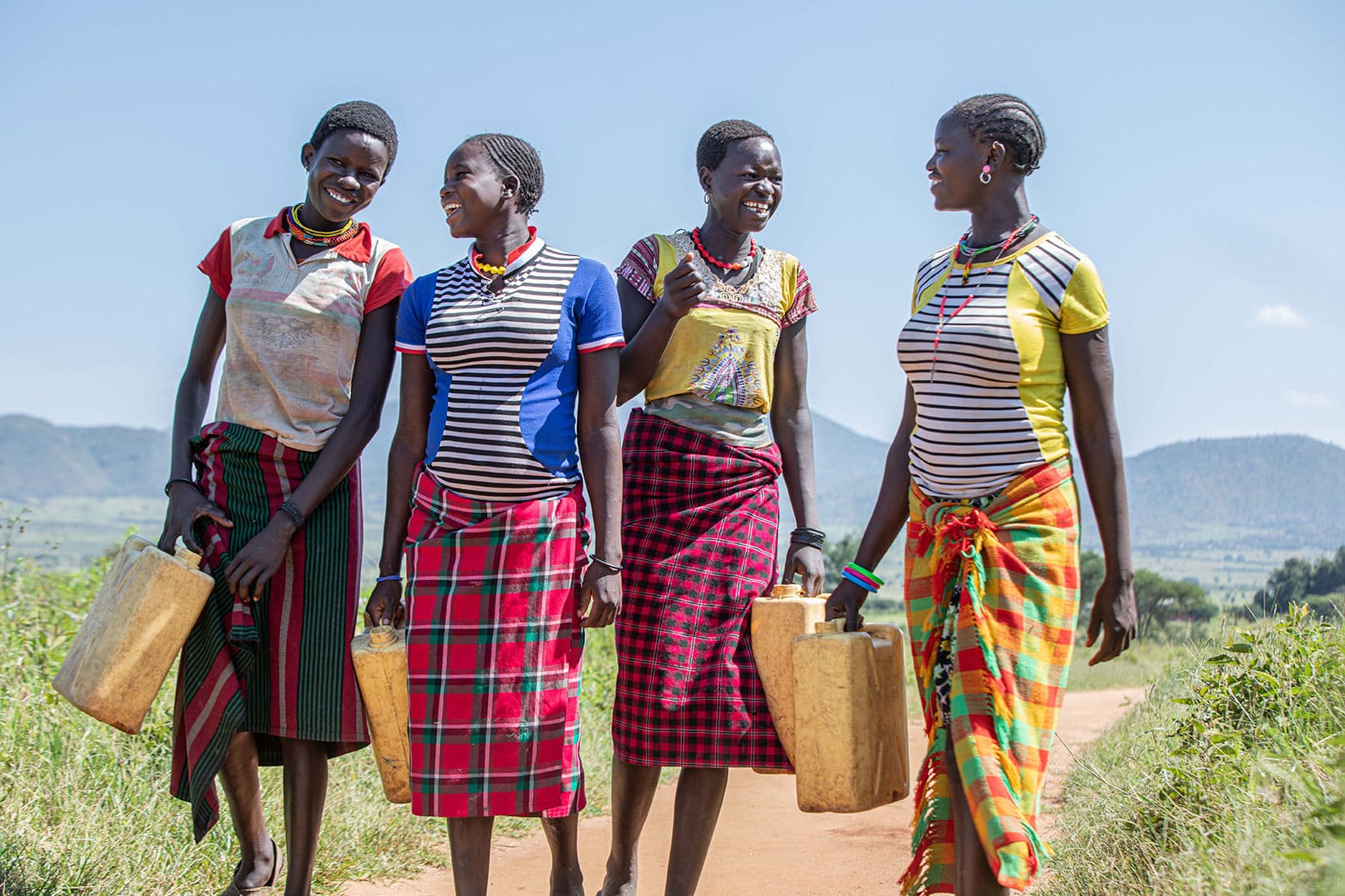Bulletin #54: Promising health reforms bring optimism and hope

This fortnight
The governments in Colombia and Brazil have ambitious plans to introduce health reforms that could significantly expand health rights. These reforms are a response to long periods dominated by neoliberal, pro-commercialization policies in their health systems. During the last World Health Assembly, activists from the WHO Watch team met with Dr. Jaime Urrego, Vice-Minister of Health of Colombia, to discuss the details of the health reform planned by the Petro-Márquez government.
In Brazil, the 17th National Health Conference concluded with a sense of hope and determination to strengthen the Unified Health System (SUS) after the Bolsonaro administration severely impacted people's health during the COVID-19 pandemic. The conference, attended by thousands of delegates designated during open consultations in the preceding months, included President Lula and Health Minister Nísia Trindade Lima. The event closed with a call for further democratization of the public health system to give voice to different groups whose well-being is at stake.
While Cuba remains one of the brightest examples in Latin America and the world in terms of organized healthcare, the provision of care is burdened by the effects of the US-imposed blockade. Despite facing barriers in importing optimal amounts of medical supplies, including oxygen and syringes, during the COVID-19 pandemic, the island managed to develop, produce, and share its own vaccines.
The British National Health System (NHS) recently celebrated its 75th anniversary. However, data indicates that years of under-funding and cuts have left their mark, and health inequities persist throughout the United Kingdom. Health workers continue to fight the government for fair salary increases and the implementation of people-centered policies.
In South Korea, health workers are also striking. On July 13, the Korean Health and Medical Workers' Union launched a nationwide strike to secure safe staffing ratios, among other things.
A recent report from the International Labor Organization emphasizes the crucial role of trade unions in protecting the rights of health workers worldwide. However, workers in private health facilities are generally less unionized than their counterparts in the public sector, making them more vulnerable to exploitation. We bring more on this topic in our Data speaks section.
On July 5, Jan Swasthya Abhiyan, the Indian chapter of the People's Health Movement, announced the 4th Amit Sengupta Fellowship on Health Rights. During the event, health experts and activists reflected on the contributions made by Dr. Amit Sengupta to the global health movement, expressing their hope that more people will follow in his footsteps.
Video: Colombia’s Vice-Minister of Health explains the country’s new health reform
The government of Gustavo Petro and Francia Márquez has initiated an ambitious health reform in Colombia, which could make essential care more accessible to the people. Health activists from the WHO Watch program met with Dr. Jaime Urrego, Vice-Minister of Health of Colombia, to discuss its impacts
In focus
The people are the builders of the Brazil’s Unified Health System
The 17th National Health Conference saw debates on four thematic axes on which guests and delegates could address the need to construct a truly equitable Unified Health System (SUS). Social movements were actively involved in the process

In a first, delegation of migrants attends Brazil’s National Health Conference
The delegates representing the migrant population were elected at the Open National Conference on the Health of Migrant Populations. They will present 20 proposals for the for the Unified Health System (SUS)

Featured articles
Remembering Dr. Amit Sengupta’s legacy in the health movement
Jan Swasthya Abhiyan recently announced the recipients of the 4th Amit Sengupta Fellowship on Health Rights. The announcement was followed by reflections on Dr. Sengupta’s activist legacy and a discussion on tuberculosis in India

Health workers in South Korea prepare for nationwide strike
The Korean Health and Medical Workers’ Union is preparing to launch a nationwide strike from July 13 as government continues to ignore grievances concerning staffing and pay. The union expects approximately 45,000 health workers in 145 workplaces to join the strike

The NHS at 75 years: A sharp turn needed to fight health inequities
75 years after its establishment, the NHS continues to enjoy strong support among health workers and patients, but struggles under the burden of divestment and prioritization of the private sector

Short reads
Cuban president slams US for “genocidal act” of depriving Cubans of oxygen during the pandemic
Cuba was prohibited from accessing spare parts for their only oxygen plant as well as importing medical oxygen due to the blockade, as COVID-19 ran rampant

Data speaks
Health workers’ unionization in latest ILO report
A recent report by the International Labour Organization (ILO) examines the working conditions of essential workers in areas such as food systems, retail, sanitation, and health. Due to the nature of their jobs, these workers were among the people most exposed to the dangers of the COVID-19 pandemic. Yet, their contributions were seldom recognized in practice, and they continue to be overworked and underpaid.
In the health sector, workers have been protesting for safe staffing, safer workplaces, and better quality of care since the beginning of the pandemic. These requests have been echoed by health workers in both the public and private sectors. However, ILO data shows that workers in private facilities remain less unionized than their counterparts in the public sector. Considering that higher unionization rates have been associated with decreased infection and mortality rates during the pandemic, and recognizing that organized labor is more likely to efficiently support workers during strikes and other actions, the ILO data suggests that health workers in the private sector are more exposed to different forms of exploitation.
As the report clearly states, when workers are organized, working conditions improve. Unionization should be promoted in all parts of the health system to encourage greater worker participation in the creation of better workplaces and policies that lead to improved health.

In case you missed it










